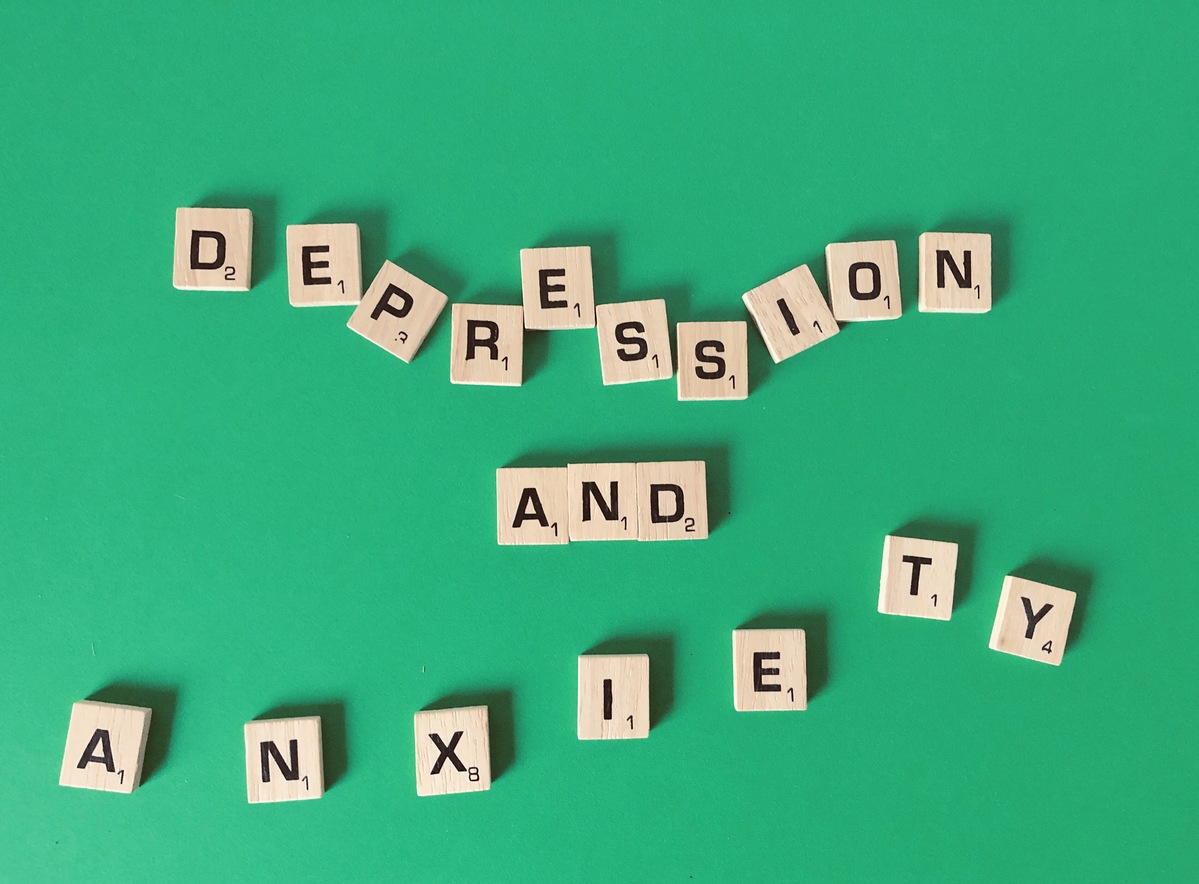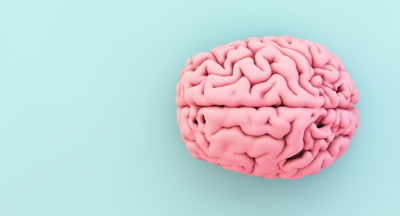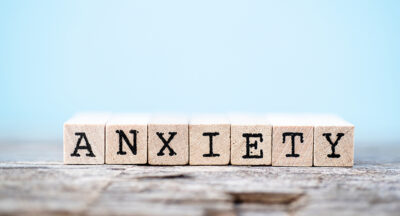
What Is The Link Between Depression And Anxiety?
Depression and anxiety are thick as thieves. Anxiety disorders are the most common type of mental illness in the U.S., and almost half of individuals with depression are also diagnosed with an anxiety disorder.
This means they travel well together, unfortunately at our expense.
As we’ve noted, depression and depressive disorders are characterized by chronic feelings of sadness or depressed mood. Anxiety disorders cause individuals to feel excessive worry, stress, fear, or panic. It’s important to recognize that brief periods of sadness or worry are not the same as clinical depression and anxiety.
What makes these different conditions so alike? Below, we examine the link between depression and anxiety.
Anxiety is a Symptom of Depression
You can look at anxiety and depression as the chicken and the egg of mental health. What comes first? We’re unsure. What we do know is that depression can cause anxiety.
In addition to the ones mentioned above, depression has a myriad of symptoms like hopelessness, loss of interest, sleeping problems, exhaustion, fluctuating appetite, and physical pain.
These symptoms are certainly worrisome, and worry is the hallmark emotion of anxiety.
Anxiety Triggers Depression
Sticking with the two sides of the same coin theme, anxiety begets depression. Everyone worries, right? What’s different with anxiety disorders is, not only is the worry excessive, but its intensity doesn’t match what’s actually going on.
For example–and similar to depression–anxiety disrupts sleep. A “normal” reaction to being overtired is accepting that you’ll be sluggish throughout the day and that will be that. By contrast, someone with Generalized Anxiety Disorder would likely have catastrophic thoughts, such as, “I won’t be able to function today,” “I’ll get sick,” “I won’t to a good job at work, and I’ll get fired,” and “I’ll never have a good night’s sleep again.”
Enter depression. Anxiety is taxing, and its impact naturally spurs on the fatigue, achiness, despair, and other elements of depression.
They Have Similar Treatments
One of the misfortunes of anxiety and depression is that they are comorbid, meaning they occur together. One of the advantages of anxiety and depression is that they are comorbid.
Come again?
Because of their common traits, depression and anxiety have similar treatments. Since one of these things is just like the other, we know that neurofeedback therapy, psychotherapy, medication or combinations thereof help individuals manage these disorders successfully so that they can live fulfilling lives.
The data bears this out: According to the National Institute of Mental Health, 80% of people who receive treatment for depression report that it helps.
We’re Here to Help
Depression and anxiety can be disruptive, disorienting, and inhibiting, but your quality of life can be outstanding if these conditions are treated properly.
Cognitive Solutions LC offers innovative neurofeedback treatments and Cognitive Behavioral Therapy and Dialectical Behavior Therapy to provide the care and healing that you deserve. For more information about our treatments and teletherapy options, please contact us at (773) 755-1775 or email info@helpforld.com.
Related Posts
Exploring the Differences Between Neuropsychological Testing vs. Quantitative Electroencephalogram (qEEG) Testing
Joy Malanyaon began experiencing severe headaches beginning December 2016....
What is Anxiety?
Is it Anxiety, a Phobia or just Life in Twenty-first Century? By Ari Goldstein,...
Testimonial – L.B.
From the time he was a pre-schooler, it was evident that my very bright son had...
Summer Classes Forming Now
Cognitive Solutions offers one on one and group programs in the summer aimed at...




